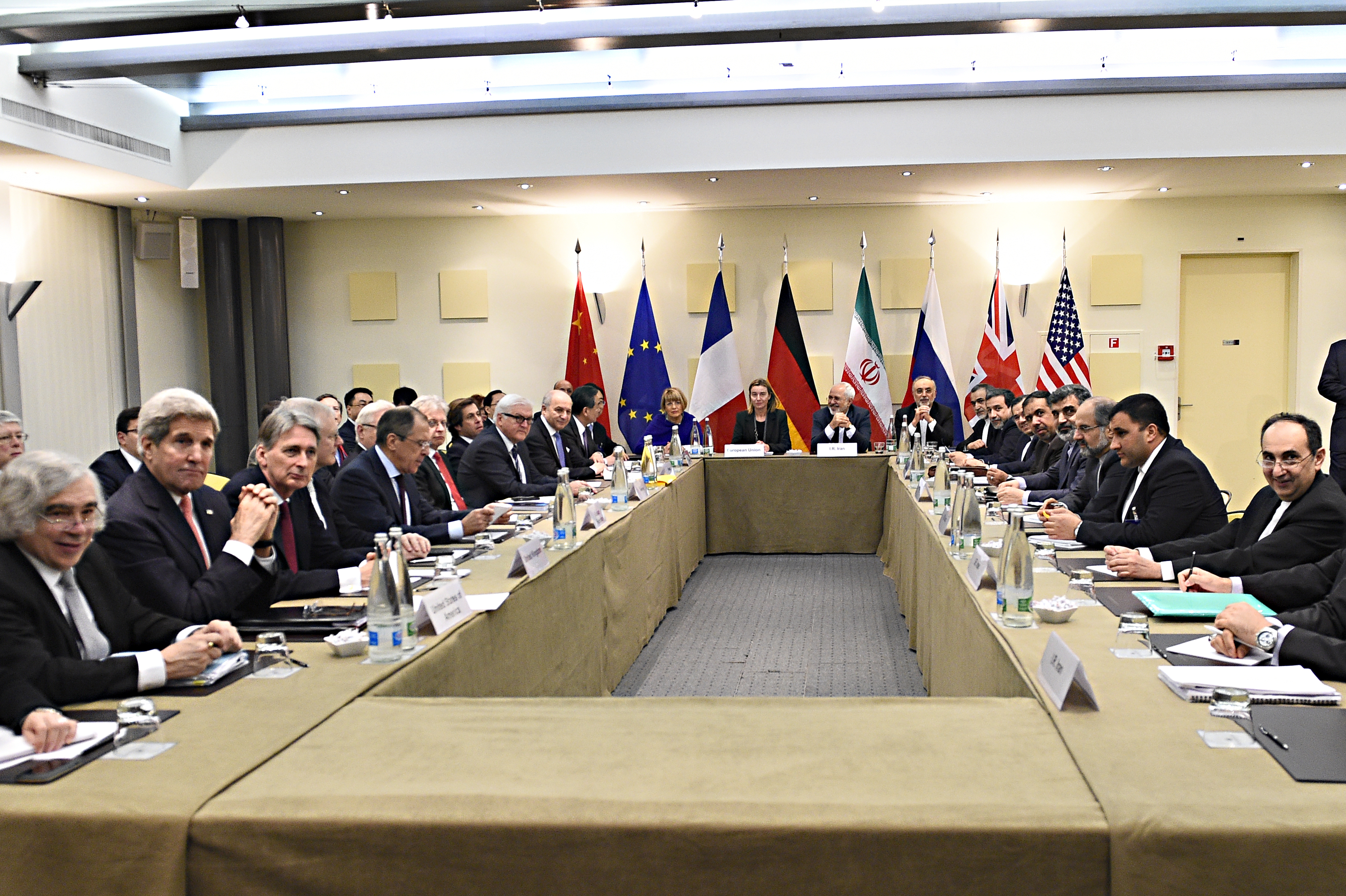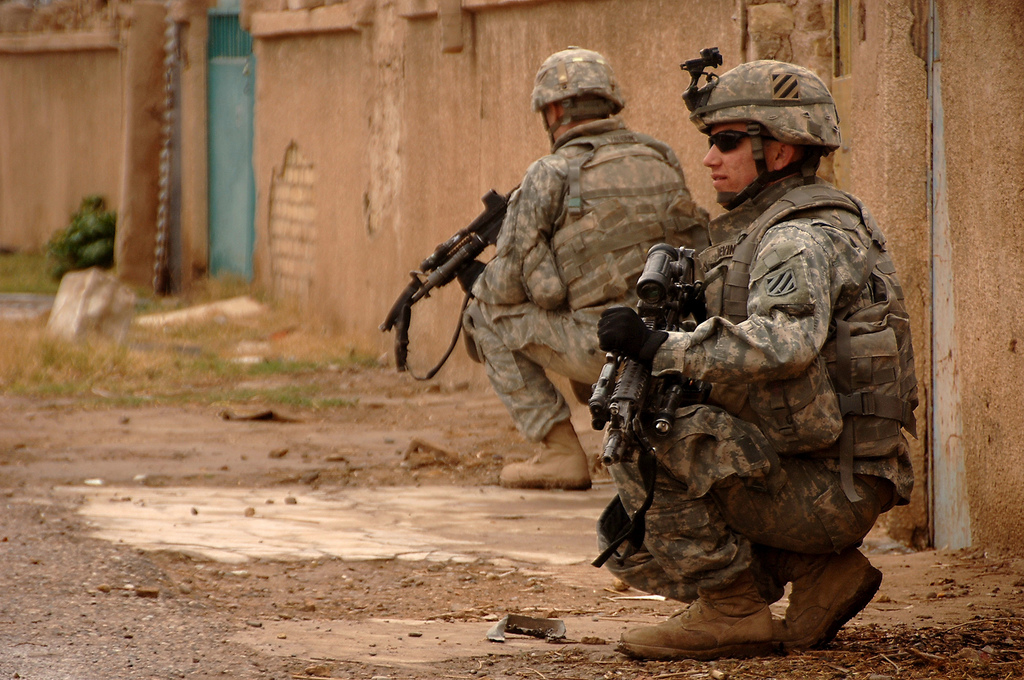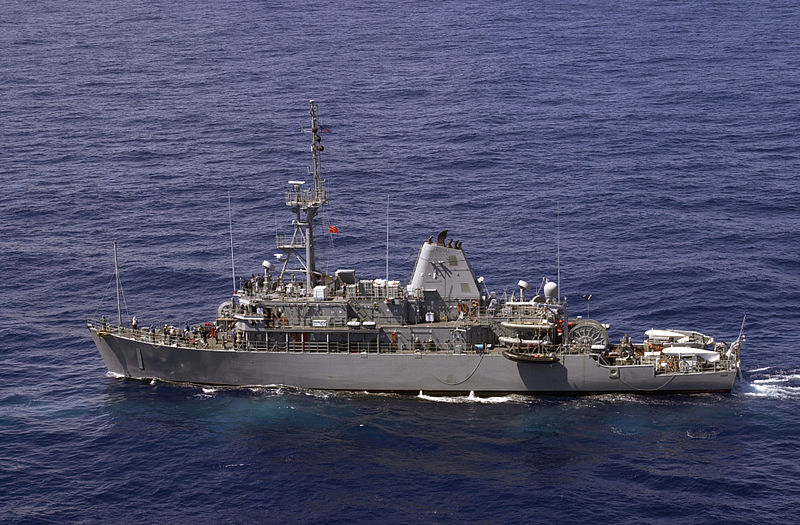Guest post by David Lake

How you feel about the Iran agreement depends on your view of the next best alternative. In the already hardening positions of politicians and pundits, the assumptions about the relevant counterfactual underlying their analyses are typically left implicit. It is important to make these assumptions explicit so that they can be properly evaluated and assessed. Debate ought not focus on the terms of the agreement, which are increasingly well known, but on the possible alternatives to the agreement now on the table.
On the rejectionist side, some opponents believe that greater pressure was possible and would have caused Iran to give into the P5+1 and capitulate to their demands. Other opponents believe that, in the absence of an agreement, the United States or Israel can and will destroy Iran’s nuclear capabilities in a military strike, and that this will prevent Iran from developing the bomb. Both of these positions rest on questionable assumptions.
On Iran’s possible capitulation, this assumes that the sanctions regime could be tightened further, when it is not clear that Russia, China or even the Europeans would necessarily still participate. Holding any international sanctions regime together is extremely difficult, especially if the key members possess different views on the purpose of sanctions and how tightly they can be enforced. It also assumes that Iran would break under increased pressure, rather than walk away from the negotiating table and, in the face of unremitting international hostility, race for the bomb as quickly as possible. How unified that P5+1 are and how close Iran was to walking away from the talks are not clear. We should focus on these questions. My own guess is that the P5+1 could not go much further without Russia or China defecting. It also appears that not much was “left on the table” with Iran; under pressure from their own hardliners at home, the negotiators went about as far as they could go.
On the military option, proponents assume that a) any military operation will be relatively cheap and successful in destroying Iran’s capability and b) with the United States or Israel having demonstrated its commitment to prevent its acquisition of nuclear weapons, Iran will then forego its previous efforts and not try for an immediate breakout. The efficacy of any military operation is uncertain, especially given Iran’s hardened sites. To ensure Iran’s capabilities are completely destroyed would probably require not only massive air operations but also, most likely, ground operations to infiltrate, inspect, and possibly demolish any remaining facilities.
In turn, whether Iran will, if attacked, back down from its aspirations or race for the bomb as quickly as possible is an open question. The assumption that Tehran will be deterred from restarting its nuclear program is similar to the neoconservative foreign policy of the early 2000s in which shows of force were assumed to intimidate enemies and rally friends. This assumption was not sustained in the case of Iraq or other rogue states of the time. My own estimate is that, threatened with an attack or in its immediate aftermath, Iran will do all it can to develop a nuclear deterrent as quickly as possible. Although an actual attack might set the program back by a few years, nothing is more likely to encourage Iran to develop an nuclear weapon than an attack on its sovereign territory. North Korea’s effective insulation from foreign attack and coercive pressure will be a telling example for Iranians.
Overall, this agreement may not be a perfect agreement, but compared to the likely alternatives, it seems pretty damn attractive – unless one is willing to sustain some pretty extreme assumptions. If opponents are wrong about either of their core assumptions – if Iran cannot be pressed into a “better” agreement or, failing that, a major war and costly war will ensue – we will greatly regret not approving the current agreement. The downside consequences of the opponents being wrong about the next best alternative are huge.
The proponents also make important assumptions about the next best alternative, though they are, in my view, more realistic. The agreement is designed to keep Iran’s nuclear capability in a “box” for up to 15 years in return for relieving sanctions pressure in the near term. Inspections are designed to verify that Iran acts within agreed limits. Support for the agreement assumes that inspections will be able to catch any cheating by Iran prior to a successful breakout. Though the P5+1 would undoubtedly have been better off under an “anytime, anywhere” inspection rule, the agreed inspection regime does not seem unreasonable. Questions about the agreement ought to focus on whether the regime as envisioned in text is “good enough” to identify a breakout before it occurs, not whether it gives inspectors carte blanche to go wherever and whenever they want.
More generally, proponents hope that the agreement may pave the way to a broader détente with Iran, one the might integrate it into international society and roll back its roguish behavior. This would, if realized, be a significant improvement in world politics, but it is unlikely. Most of the gains from eased sanctions will go to the Iranian public, but some resources may well be diverted to Iran’s proxies abroad in Syria, Gaza, and elsewhere. The hardliners who otherwise oppose the nuclear deal may need to be “bought off” with a more aggressive foreign policy towards the West – just as opponents in the United States may need to be mollified by more aggressive actions towards Iran for its support of Shiite political movements throughout the Middle East. Détente with Iran is not likely to follow from a single nuclear agreement.
Whether the hopes of the proponents prove true or false, however, the value of the agreement on the table does not depend on the outcome of detente. Rather, the agreement has value in itself in delaying the possible acquisition by Iran of a nuclear weapon by 10-15 years. If the inspections regime is good enough to catch any significant Iranian cheating, the downside to the agreement appears quite small. Rather than crack the coalition by escalating sanctions in the hope of reaching a “perfect” agreement, or fighting another war in the Middle East, the agreement now on the table promises to prevent Iran’s acquisition of a nuclear weapon for the foreseeable future. This alone is worth doing.
David A. Lake is the Jerri-Ann and Gary E. Jacobs Professor of Social Sciences, Distinguished Professor of Political Science at the University of California, San Diego.





5 comments
There is another even more valuable benefit to an agreement. By de-escalating the confrontation with Iran, we move a little further away from another benevolent intervention and the charitable nation building and enhancement of America’s reputation overseas that often accompanies it.
I concur with my UCSD colleague and offer a more detailed analysis of the implementation plan and dispute settlement process at http://blogs.piie.com/nk/?p=14293